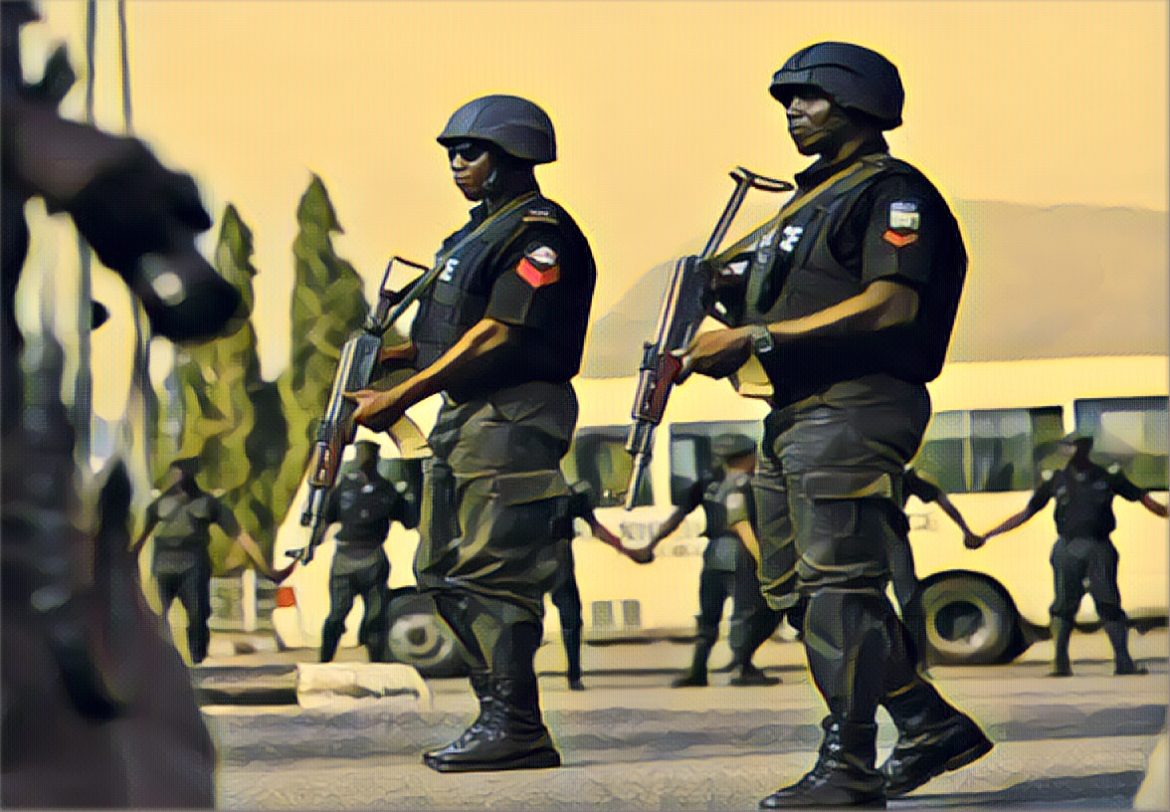Nigeria is facing a surge of violence from armed groups that have been terrorizing the northern states for years. The latest incident occurred on Thursday night, when bandits disguised in hijab attacked a police post in Saki Jiki village, Batsari Local Government Area of Katsina State.
According to the police spokesman, Abubakar Aliyu, the officers responded bravely and repelled the attack, but one of them lost his life and another was injured. He said the police were on top of the situation and would bring the perpetrators to justice.
Some analysts suspect that criminal gangs, who kidnap people for ransom, raid villages, and steal cattle, could be behind the attack. However, the motive behind the attack remains unclear. These groups, known locally as bandits, have no ideological agenda and operate across ethnic and religious lines.
The government has deployed troops and launched several operations to combat the bandits, but the security situation remains volatile. Some communities have resorted to forming vigilante groups to defend themselves, but this has also led to clashes and reprisals.
The attack on the police post also comes amid the ongoing insurgency by the Islamist militant group Boko Haram, which has killed thousands of people and displaced millions in the northeast of the country. Boko Haram has also carried out attacks in neighboring Niger, Chad, and Cameroon, posing a regional threat.
The Nigerian authorities have repeatedly claimed to have defeated or weakened Boko Haram, but the group continues to launch deadly attacks on military and civilian targets. In December, Boko Haram claimed responsibility for the abduction of more than 300 schoolboys from a boarding school in Kankara, Katsina State. The kidnappers released the boys after negotiations with the government.
The security challenges facing Nigeria have raised questions about the capacity and effectiveness of the security forces, as well as the political will and strategy of the government. President Muhammadu Buhari, who hails from Katsina State, has faced criticism for his handling of the security crisis and his frequent travels abroad for medical treatment.
Despite the grim situation, some Nigerians hope to restore peace and stability in the country. They call for more dialogue, cooperation, and support among the various stakeholders, including the government, the security agencies, the civil society, the religious leaders, and the international community. They also urge the government to address the root causes of the violence, such as poverty, unemployment, corruption, and inequality.
Source: Punch


